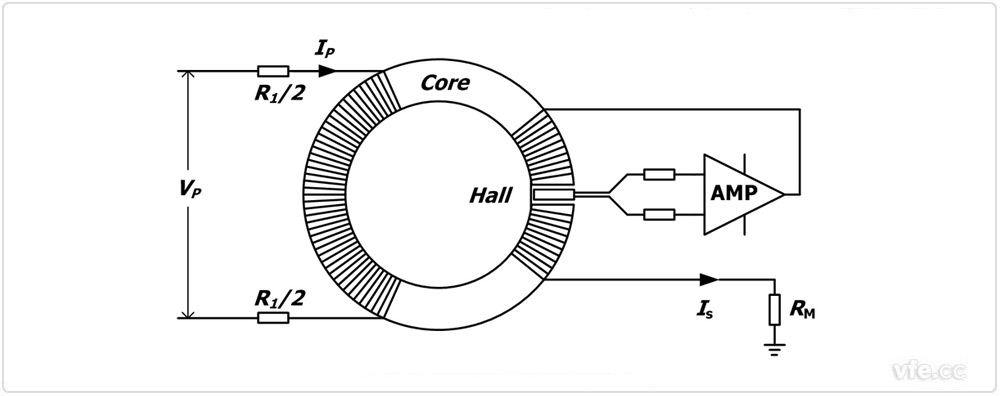
The Hall voltage is read as [hɔːl ˈvəʊltɪdʒ]. The Hall effect is the production of a voltage difference (the Hall voltage) across an electrical conductor, transverse to an electric current in the conductor and a magnetic field perpendicular to the current. The Hall voltage is named after Edwin Hall who discovered this phenomenon. It is an important concept in condensed matter physics and is used in various applications such as magnetic field sensors and semiconductor devices.











